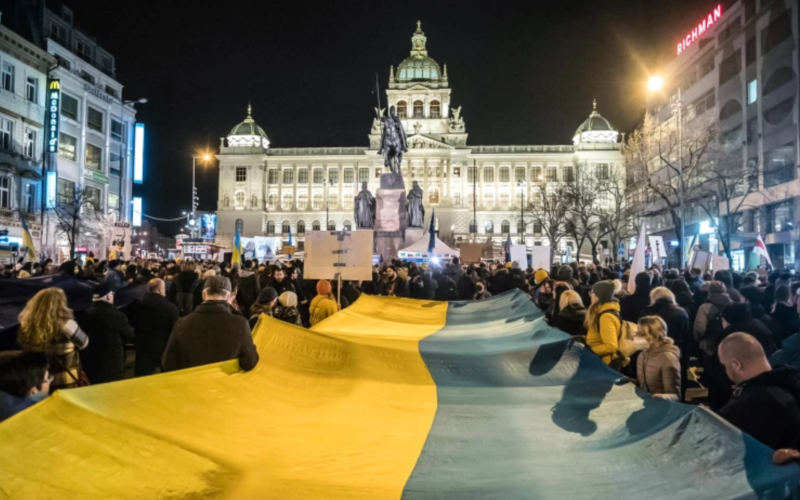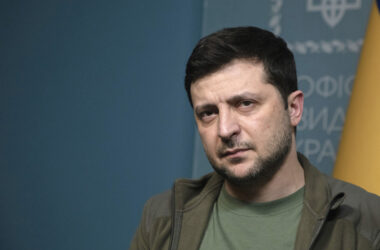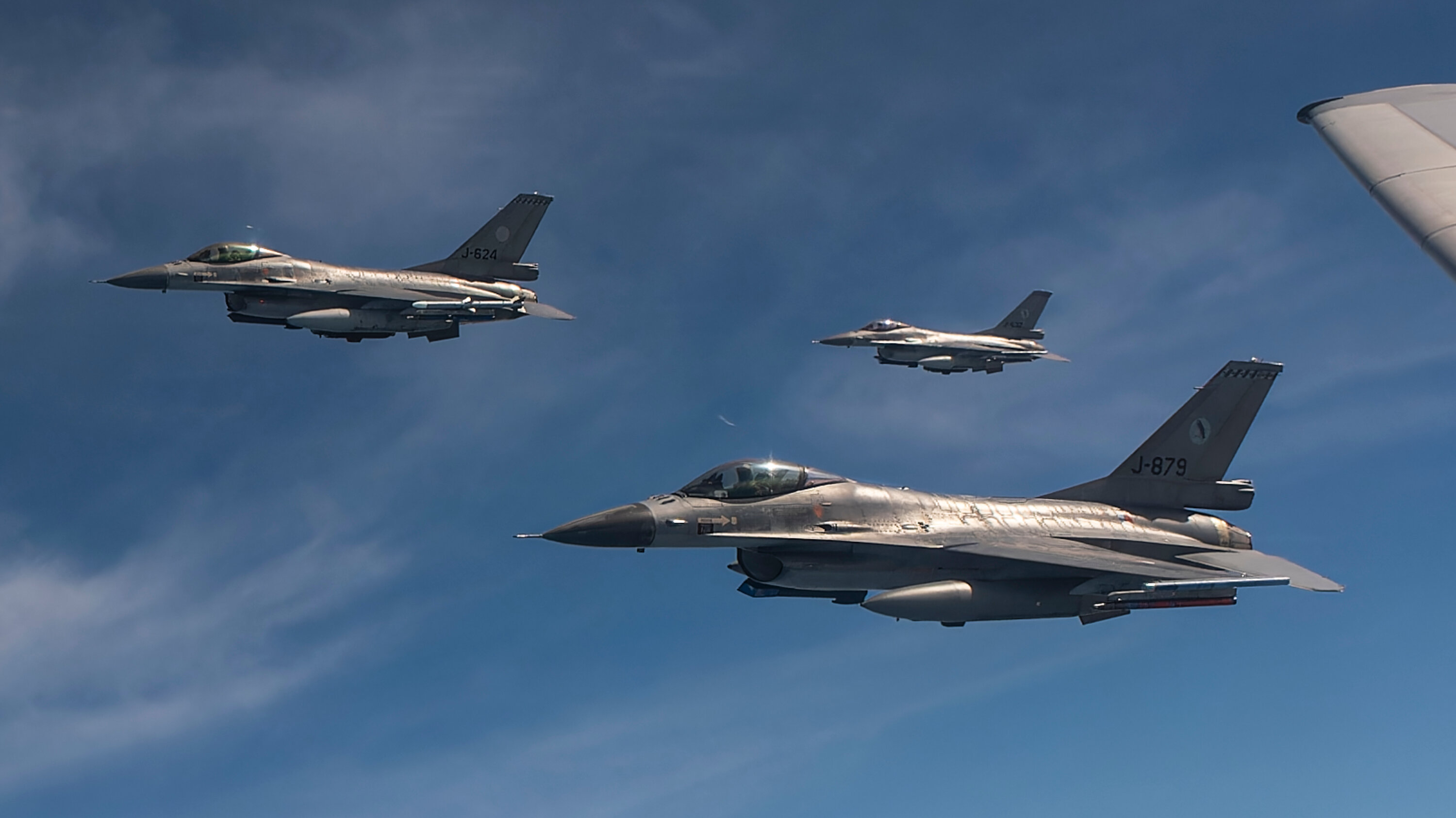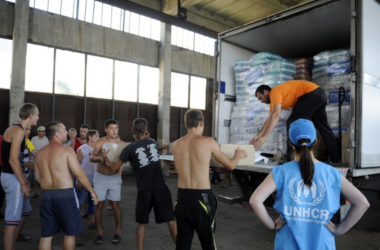In a significant diplomatic move, the governments of the Czech Republic and Taiwan have forged an agreement to jointly contribute to the reconstruction efforts in Ukraine. Despite the absence of formal diplomatic ties, the collaboration reflects a shared commitment to support Ukraine.
The recently signed agreement between the Czech Republic and Taiwan marks a collaborative effort to aid in the reconstruction of Ukraine, focusing primarily on the restoration of water and energy systems. The pact was formalized by de facto ambassadors in each other’s capitals, demonstrating a shared commitment to address the challenges faced by Ukraine following the conflict. Despite Taiwan’s limited formal diplomatic relations, this collaboration underscores a growing trend of unconventional partnerships driven by shared values and global solidarity.
Taiwan has emerged as a staunch supporter of Ukraine in the wake of Russia’s invasion. Many in Taiwan sympathize with Ukraine, drawing parallels between Ukraine’s predicament and the perceived threat Taiwan faces from China, which asserts territorial claims over the island. Taiwan’s response has been multifaceted, including substantial humanitarian aid exceeding $100 million and active participation in Western-led sanctions against Russia. These actions underscore Taiwan’s commitment to global stability and democratic values.
The agreement’s signing ceremony, held in Taipei, featured Tomas Kopecny, the Czech government envoy for Ukraine reconstruction, expressing gratitude for Taiwan’s support. Kopecny referred to Taiwan as a “great ally” and emphasized the strong connection between the two nations. Despite Taiwan lacking formal diplomatic ties with European countries, this collaboration highlights the resilience of unconventional partnerships amid shifting global dynamics.
Central and Eastern European countries, including the Czech Republic, have demonstrated a willingness to defy Beijing’s objections and express support for Taiwan, especially following Russia’s attack on Ukraine. This defiance challenges traditional diplomatic norms, showcasing the evolving dynamics of international relations. While China has refrained from condemning Russia’s actions in Ukraine, Taiwan’s collaboration with the Czech Republic adds another layer to the geopolitical landscape, where alliances transcend conventional diplomatic boundaries.
Taiwan faces diplomatic isolation due to pressure from Beijing, with no formal diplomatic ties with European countries except the Vatican. However, Central and Eastern European nations’ gestures of support for Taiwan indicate a willingness to navigate these challenges, emphasizing shared democratic values over traditional diplomatic norms.
Deputy Taiwan Foreign Minister Roy Lee emphasized the importance of unity among democratic countries in responding to global challenges. He stated that only through this unity can authoritarian decisions be deterred and punished, underscoring the significance of collaborative efforts in the international arena.
The collaboration between the Czech Republic and Taiwan for Ukraine’s reconstruction underscores the evolving nature of international partnerships. As unconventional alliances continue to shape diplomatic narratives, this joint effort reflects a commitment to shared values and a collective response to global challenges. While challenges persist for Taiwan on the diplomatic front, partnerships like these highlight the potential for nations to transcend traditional boundaries in pursuit of common goals.








